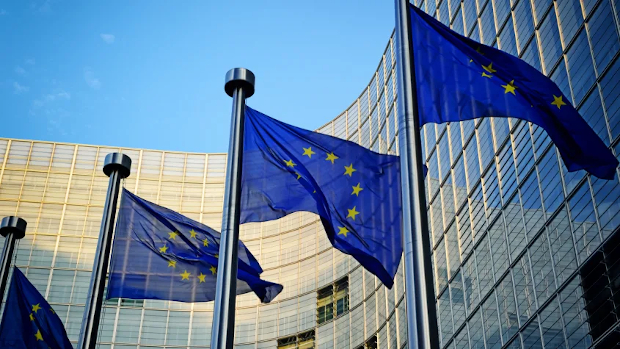
Coimisiún na Meán opens contact centre providing information on Digital Services Act enforcement
The EU Digital Services Act (DSA) which comes fully into force in Ireland and across the EU fon 17 February 2024. The Act applies new rules for how online services deal with illegal content or apply their own rules.
The DSA covers to all online marketplaces, social networks, search engines, cloud providers, online travel and accommodation platforms, Internet service providers and content sharing platforms, such as video platforms.
In Ireland the Act will be enforced by Coimisiún na Meán – Ireland’s new commission for regulating broadcasters, on-demand services and online media – which opens a user contact centre today for providing users with information about the Act and how to make a complaint.
A number of Big Tech players have been regulated by the DSA since August 2023. The European Commission previously designated 22 services as ‘very large online platforms’ (VLOPs) or ‘very large online search engines’ (VLOSEs), based on the fact that they have 45 million or more monthly active users in the EU. Of these services, 13 have their EU headquarters in Ireland (some companies have more than one VLOP/VLOSE service).
The DSA has a number of measures aimed at preventing the distribution of illegal content. This may be the case when content is discriminatory, or when scams are involved. Online providers must ensure that users can easily report such content to them. Online providers must also ensure that they have procedures in place so that they can review this content and explain why they have removed it.
The DSA also puts an onus on online marketplaces to collect and publish more information about the companies (traders) on their platform. This should help discourage and identify rogue traders, eliminate unfair competition, and make it easier for consumers to seek justice. Digital services must also comprehensively explain to users the rules for removing information or user accounts and have easily accessible and user-friendly complaint procedures.
Under the DSA, online platforms will no longer be prohibited from personalising ads based on religious beliefs or sexual orientation, for example. Minors will also soon be extra protected from personalised ads. This should contribute to preventing them from seeing inappropriate advertising.
In addition to the obligations regarding illegal content, the DSA includes many other obligations. For example, online providers must make it clear when certain content is advertising and who is the sender of that advertising. Also, terms of use must be understandable to children if it can be assumed that children are active in that online environment.
Coimisiún na Meán published details of its public consultation on its draft online safety code in December 2023. The consultation closed on the 31 of January 2024. The code is due to be finalised during 2024 and will be legally binding on designated services to which it is applied.
TechCentral Reporters







Subscribers 0
Fans 0
Followers 0
Followers